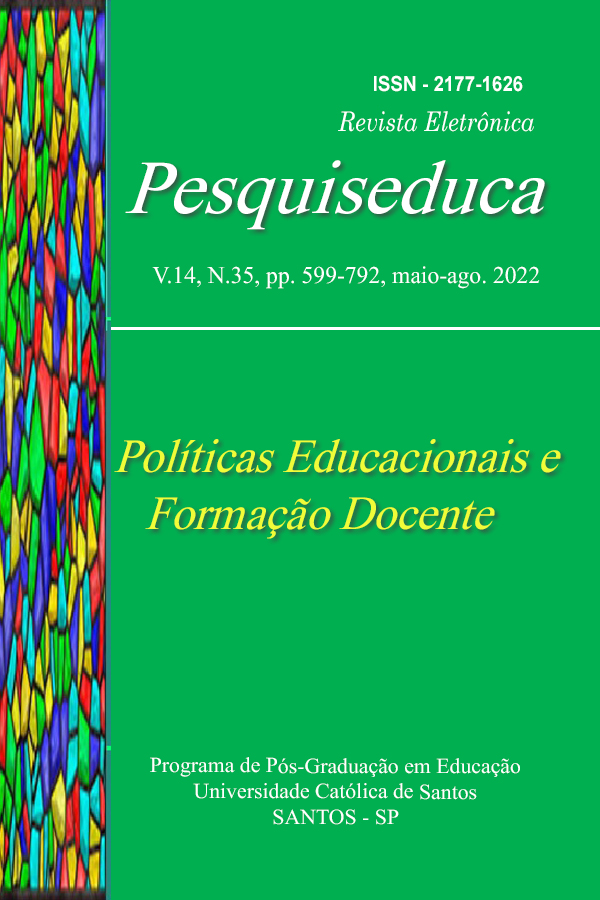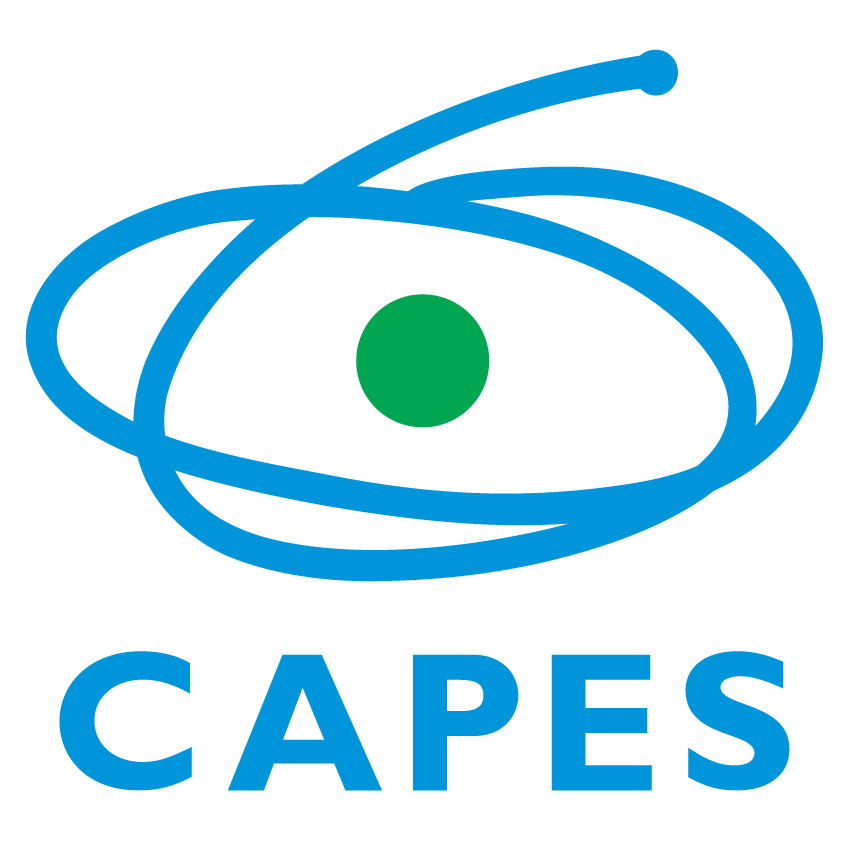Present time and National Education Plans: literacy in focus
literacy in focus
DOI:
https://doi.org/10.58422/repesq.2022.e1295Abstract
ABSTRACT
Over the past thirty years, literacy has been a frequent theme on the agenda of Brazilian educational debates, both in the context of civil society and in the context of public policies. In some way, this is a consequence in Brazil of an international trend. Such a trend has been marked, for example, by the definition of 1990 as the International Year of Education, as well as by the realization of the World Conference on Education for All also in 1990 in Jomtien, Thailand, when the signatory countries of the final declaration assumed the commitment to universalize access to primary education and to eradicate illiteracy. Taking into account the configurations of this reality, the present article aims to develop an approach on literacy in Brazil in recent years, considering the directions of its debates, and having as an empirical basis of analysis the National Education Plans (2001-2010, 2014-2024). From a theoretical point of view, it is a work developed under the perspective of the ‘history of the present time’. In other words, a history marked, among other aspects, by 'mobile bases', insofar as the social actors are still in action making the story. From what is highlighted in the article, among other inferences, it can be pointed out that Brazil has failed to meet agreed goals for literacy.
Downloads
Published
How to Cite
Issue
Section
License

This work is licensed under a Creative Commons Attribution 4.0 International License.
Revista Eletrônica Pesquiseduca, Revista do Programa de Pós-Graduação em Educação - Universidade Católica de Santos (ISSN: 2177-1626) é detentora dos direitos autorais de todos os artigos publicados por ela. A reprodução total dos textos em outras publicações, ou para qualquer outro fim, por quaisquer meios, requer autorização por escrito do editor. Reproduções parciais de artigos (resumo, abstract, mais de 500 palavras de texto, tabelas, figuras e outras ilustrações) deverão ter permissão por escrito do editor e dos autores.










